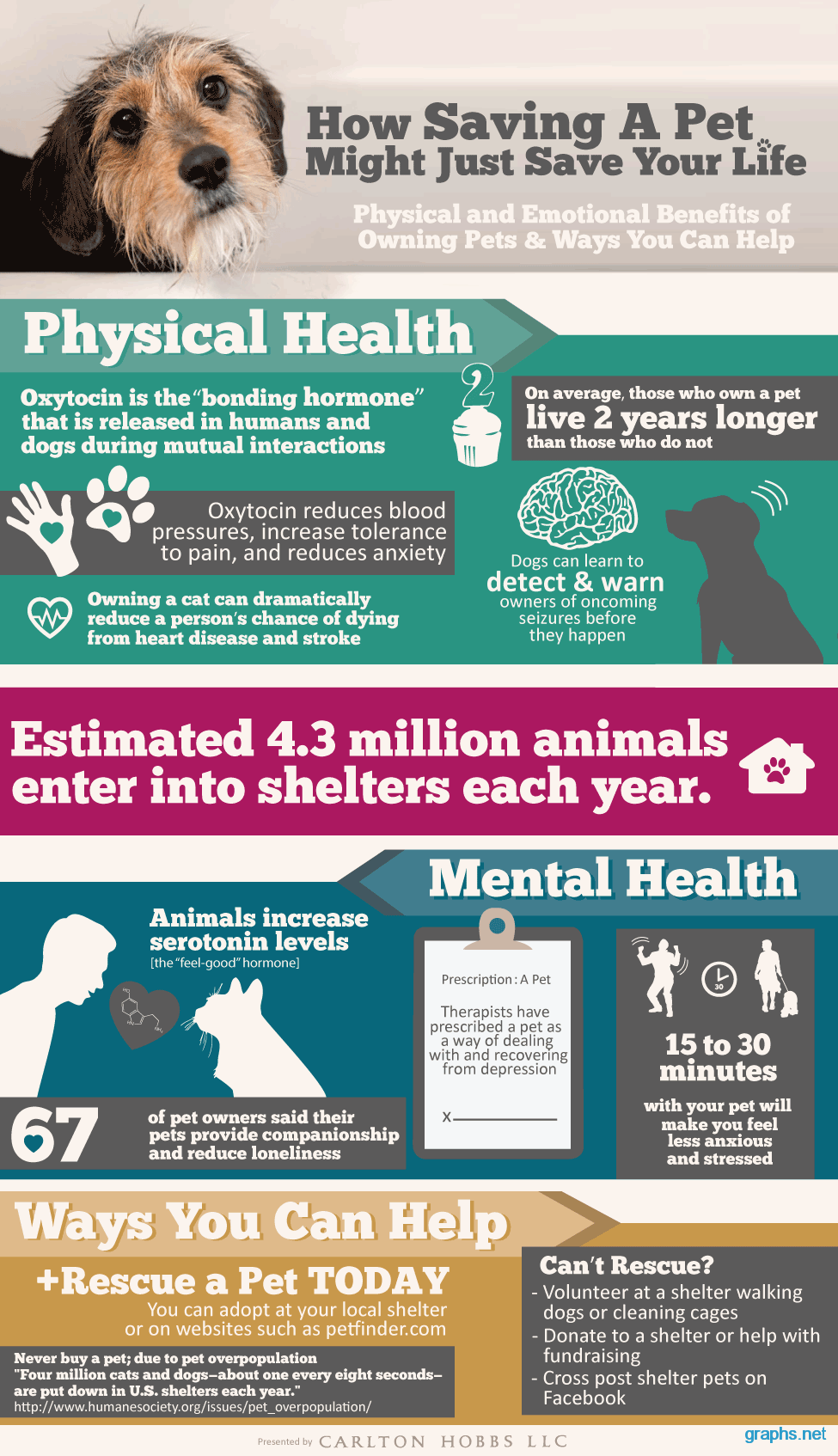How To Know If Dog Likes Daycare
How To Know If Dog Likes Daycare
Blog Article
What Vaccinations Are Required For Dog Daycare?
Whether your canines hang out at day care or boarding facilities, they need to be up-to-date on all of their required vaccinations. Core vaccines consist of Bordetella, rabies and DA2PP, which defend against usual illness that pet dogs are subjected to when in close contact with others.
Non-core vaccines consist of canine flu and leptospirosis shots. These are suggested for pups that join various other canines frequently.
Core Vaccinations
As a crucial part of preventative treatment, canine vaccines aid keep dogs secure from contagious diseases transmitted via direct contact or infected surfaces. Vaccinations promote the immune system to develop antibodies that combat disease, and the majority of veterinarians consider core pet dog vaccines to be crucial for all animals.
Rabies
The majority of credible canine childcare facilities need that your family pet depend on date on their rabies vaccination. Inoculations are carried out to puppies as early as 12-16 weeks old, and boosters are required every 3 years or two till the adult years. Rabies is a fatal viral illness that spreads out through saliva, normally from bites. Many states need rabies vaccinations for all canines and felines, and some also mandate rabies boosters for pet owners.
Distemper/Parvovirus/Adenovirus (DHPP).
This mix vaccine covers canine distemper, parvovirus, hepatitis, and adenovirus, every one of which are very contagious. Most veterinary workplaces supply DHPP vaccines as one shot or in a series of two to 4 shots, offered 2-4 weeks apart, complied with by an annual booster. This vaccination is a demand for the majority of boarding and doggy day care centers, along with many groomers.
Bordetella/Canine Parainfluenza Vaccine.
Bordetella bronchiseptica, frequently called kennel coughing, is a very contagious respiratory infection caused by the bacteria that creates the disease. Signs include consistent coughing, sneezing, nasal discharge, and fever. A lot of kennel coughing episodes take place in jampacked settings, such as childcare or boarding centers, and are especially common in warmer weather condition. This injection is a demand for many day care and boarding facilities, and is typically offered in a combination with the DHPP vaccination.
Leptospirosis Vaccine.
This is a microbial condition that spreads with polluted water, dirt, and pee. Infection can cause kidney and liver damage, in addition to fatality, and is transmissible to human beings. Many vets will certainly advise this vaccination, based on geographic place and way of living of the pet, for pets that hang around outdoors or at boarding facilities, in addition to some groomers. This vaccination is generally administered as a series of two to four shots, spaced 2-4 weeks apart, with an annual booster needed for most pets.
Lyme Disease Vaccination.
One of the most usual tick-borne disease in the United States, Lyme disease is transmitted dog boarding daycare by the deer tick and can result in fever, joint pain, muscle mass pain, and anorexia nervosa. The Lyme condition vaccination shields versus one of the most widespread pressures of the infection, consisting of the H3N8 and H3N2 pressures. A lot of vet centers suggest this injection, especially in high-risk areas, such as the Northeast, top Midwest, Mid-Atlantic, and along the Pacific shore.
Noncore Vaccines.
Various other pet dog injections, while not needed for all family pets, are advised based upon the pet's way of living and geographical area. These consist of the following:.